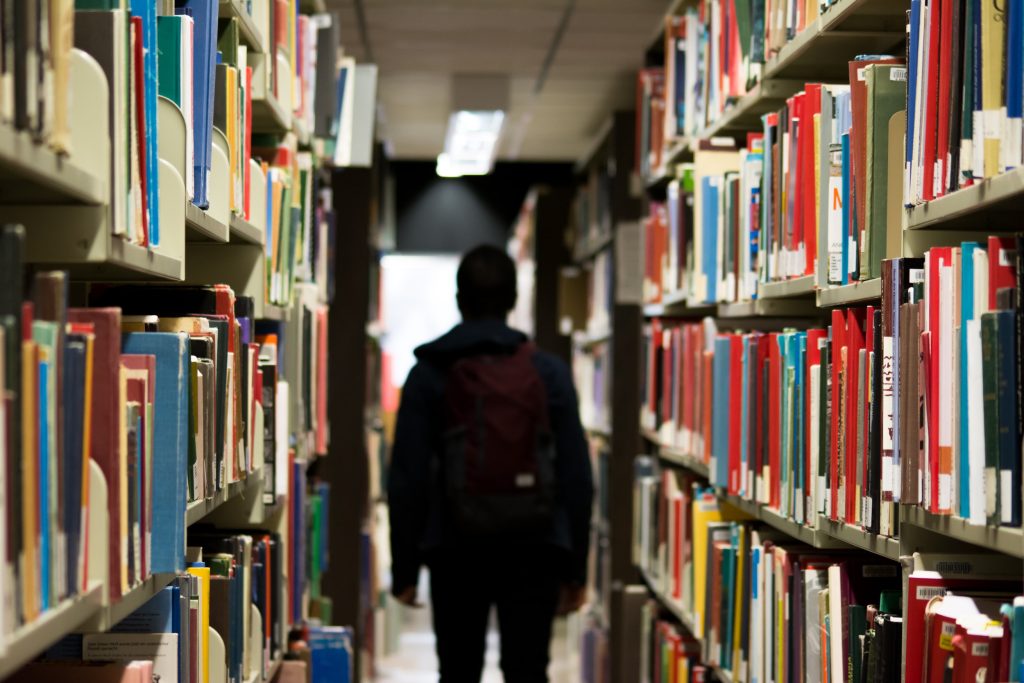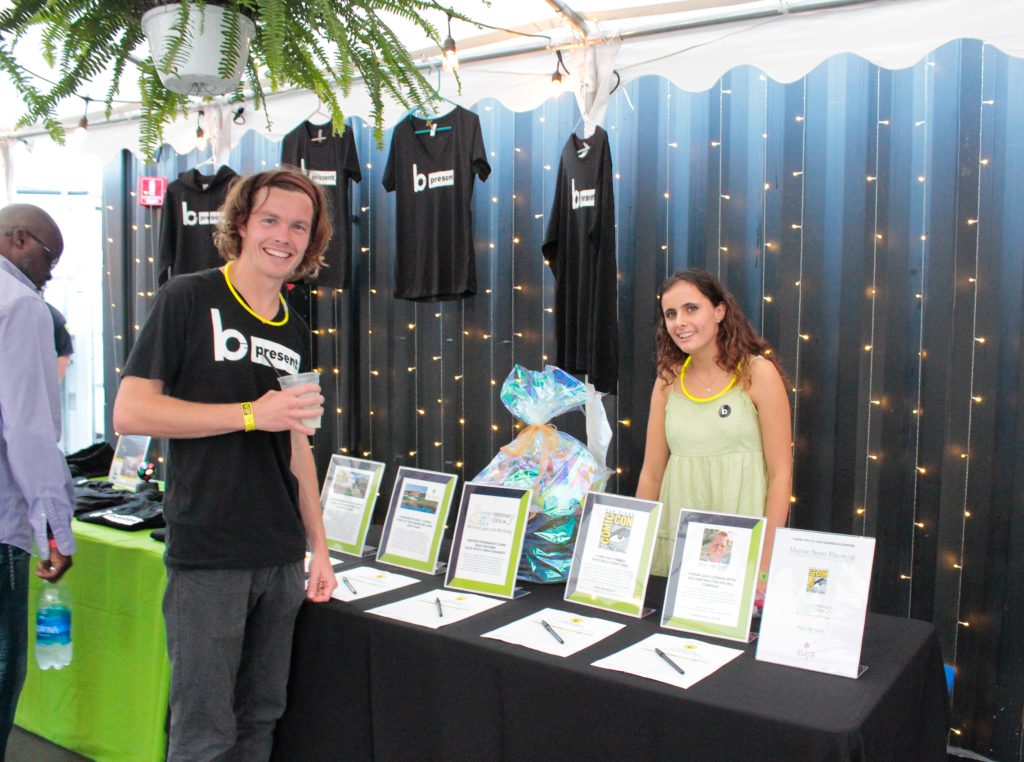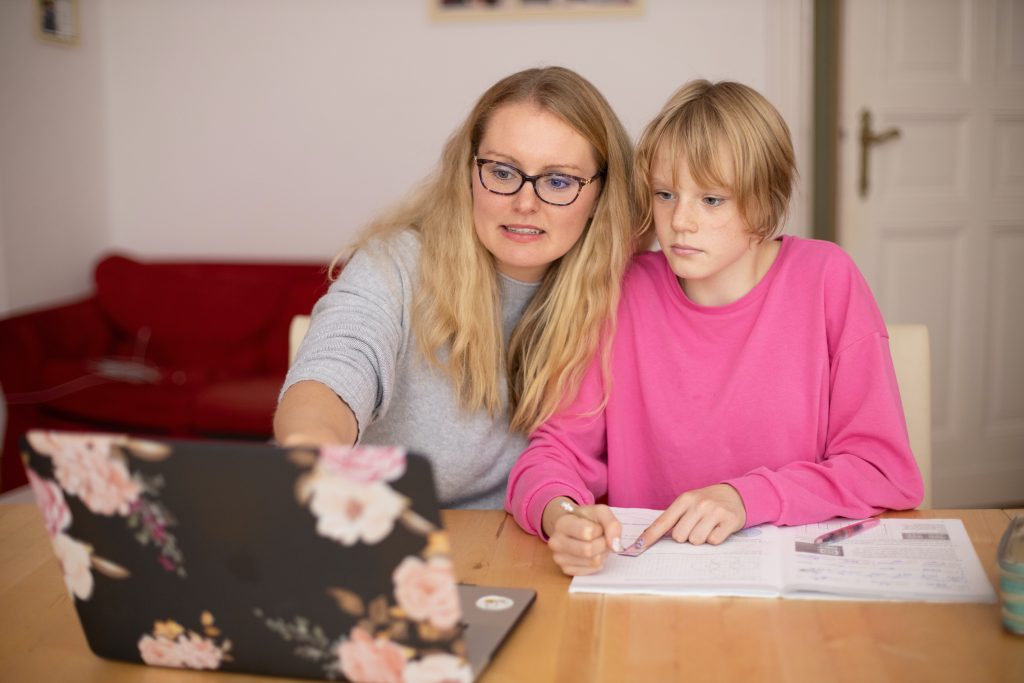“My school has been so supportive and helpful and I couldn’t be more thankful for that! A friend of mine hosted a swab drive with DKMS and they had a great turnout. I am so grateful for everyone that swabbed [to determine whether they are a stem cell donor match]! The most challenging thing is that nobody, including your closest friends, will ever understand what you’re going through or how you feel but I appreciate the ones that truly try” (McNamara 2017).
There are a few steps you need to take to become the best supporter you can be and contribute to a greater movement at your school to make a positive difference for classmates in your community. Before proceeding with any plans for a specific classmate with cancer, the first and most important step is ensuring that you are honoring their support needs and privacy wishes. Not everyone wants their cancer diagnosis to be public knowledge at school. Always ask first. For more information about how to navigate this difficult time, check out our supporter roadmap.

Creating a Safe Space
After understanding the classmate’s support and privacy wishes, you can move forward confident that the support you organize aligns with these needs. One of the most important things to create positive change within a school community is providing a safe space for the students to educate themselves through respectful conversation and questions. As noted above, discussing the cancer diagnosis at the discretion of the family and student affected will help the community adjust to the news, become better informed, and become better supporters.
“Establish if and how the family would like information about the student’s diagnosis and treatment to be shared with teachers and the rest of the school community. You might suggest confidentially informing a small team… who will respect the family’s privacy while coordinating care and support for the student and any siblings at the school. It may also be helpful to develop a plan in case students learn about a classmate’s diagnosis from the student or from social media, and need support in managing their reaction” (Cancervic 2018).

Get your own questions answered
Before you can help contribute to making a difference in your community, you need to ensure you are actively getting your own questions answered and have taken the time to gather your thoughts and fully understand them. As a student, ways you can do personal research and become better adjusted to the news.
- Making the most of authoritative online resources
- Talking with trusted friends, family, counselors or advisors about your thoughts and feelings
- Journaling to write down any questions and how you are feeling
Have a trusted point person who communicates with the family about what they feel is best to create this safe space and to what extent of information they want to be shared. As appropriate, schools can use resources to distribute information and help start conversations that will help the community understand the situation and work together to make a difference.
Means to distribute resources can include:
- The school website
- A school newsletter
- An email or physical letter mailed out to students
- School presentations hosted by trusted faculty or a clinical nurse consultant
- Advisory sessions
- Conversation circles within each classroom
Fundraising and Events
Being present and supportive does not require doing big things to make a big difference. However, there are times when classmates are inspired to work together to host a fundraiser or event that will lift the spirits of the classmate with cancer, help their family, or increase general awareness about a cause they feel passionate about.
“We wanted to do something to help raise awareness to women who could easily let small symptoms go unchecked. The climb took a lot of training and mental strength but it was such an adventure and completely worth it to raise the money for Cancer Research UK.“
Coordinate with your school’s leadership team and relevant staff members to host fundraising or awareness events on your campus. It is an excellent way to get the community involved in supporting a cause and, overall, creating positive change. Listed below are potential event ideas your school can participate in.

Rally Your Support Squad
Support young adults with cancer by throwing a dance party, having a backyard bbq, putting on a volleyball tournament, etc. The possibilities are endless. Whether you want to honor a friend, recognize a survivor, or inspire the community, there are many options, so get creative and be authentic to the person and the cause. Contact us if you are interested in hosting a b-present fundraiser, and we will help you get the party started!
American Cancer Society Relay For Life
“The Relay For Life movement is dedicated to helping communities attack cancer. Through funds donated, time given, or awareness raised, our communities are teaming up – virtually or in-person – to make a difference. When we rally together in the fight against cancer, we can accomplish anything.”
The Relay For Life event helps “develop leadership and community service by encouraging students to lead and support their peers and teachers and can make a big impact on your campus and your community.”
Support Cancer Awareness Months
There are a variety of national cancer awareness months that improve awareness and support, fund research, and amplify the gaps and work still to be done. Choose a cause you are passionate about and one that feels authentic to your experience and goals. Rally community support by…
- Hosting a sporting event or another type of event while raising money through concession stands and donations
- Selling merch with proceeds going directly toward supporting cancer awareness
- Hosting a 5k run with participants asking friends and family as sponsors to donate per mile or upon completion of the run
- Start an online or in-person fundraiser
Planning the Event
Define the goal
- Is there a certain patient or family you hope to financially and emotionally support?
- Is there a certain organization whose mission closely aligns with yours that you would like to organize a fundraiser for?
- Are you hoping to provide better education to those in your community about a focus topic?
Write out your specific goals so you can clearly communicate them to your audience and those helping you plan the event. Once your campaign focus is identified, you can more clearly visualize what you want the event to accomplish.
Potential cancer awareness campaign focuses include:
- Providing support for survivors
- Specific Cancer Awareness
- Early indicators for cancer
Plan the logistics
- Setting a date. When do you want this event to take place? How long do you want the campaign to last?
- Finding a location. Where will this event be most suitable? What place will help you gain the most attraction and participation?
- Talking with the relevant people. Will this event take place on or off your school’s campus? What administrative work needs to be done to host the event?
Detail all the logistics while monitoring things that may pose as obstacles when the date for the event comes closer. Make sure to talk to relevant administrators to file any necessary paperwork and to make sure your event follows your school’s guidelines.

Find supporters to help plan and run the event
You can’t do everything on your own or even with a very small group. Appoint volunteers and delegate tasks to make sure progress happens on all fronts. Work toward devising plans to advertise your event. You want to reach the largest audience you can to help achieve the goals you set in the beginning. For advertising, consider some of the following options:
- Reaching out to local businesses within your community to create “goody bags” you can auction off as part of the event
- Advertising to not only students at your school but other schools in the area: elementary, middle, and high school, depending on the goals of the event
As we continue to find ways we can be the best supporters possible and how to communicate these ways to more people in the community to promote a collective effort, we also need to remember how to give support to supportive classmates and family members during and after treatment. How can we be respectful to those affected by the diagnosis? How can we help support the patient’s close support system while being sensitive to the issue? The next and final segment of the Cancer in High School series will cover how to support the supportive classmate during and after treatment.
Want more?
- Learn more about the b-aware program
- Read Cancer in High School Series (Part 3): Supporting a Classmate After Treatment
- Read You Just Found Out Your Friend Has Cancer – Now What?
- Watch “Life By Ella” on Apple TV
- Subscribe to The Support Report with b-present
- Follow b-present on Instagram

